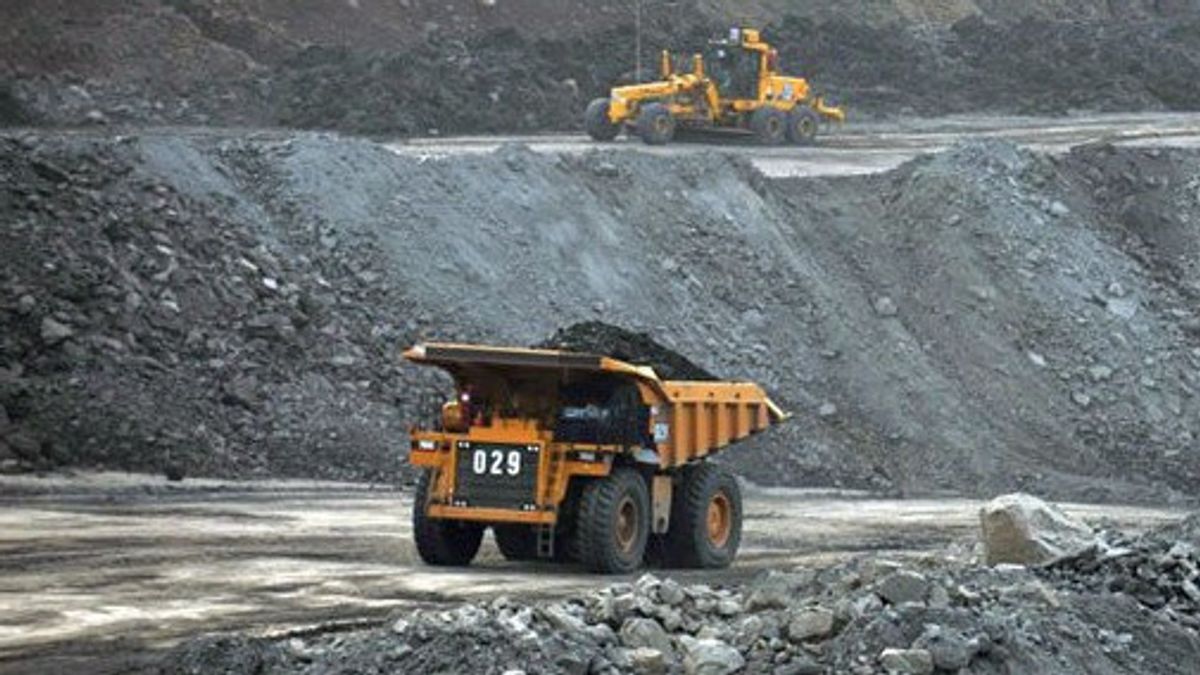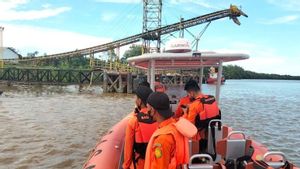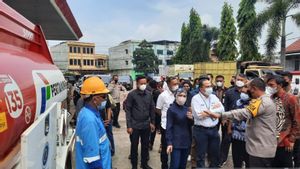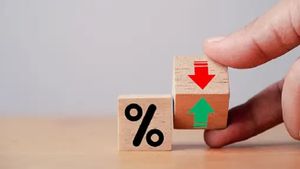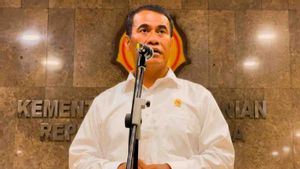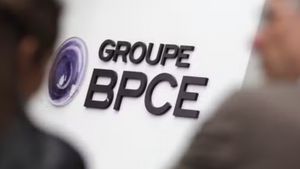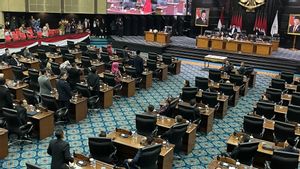JAKARTA - The decision of the United States and the North Atlantic Treaty Organization (NATO) to embargo energy supplies from Russia has an impact on the increase in the Reference Coal Price (HBA) in April 2022 to 288.40 US dollars per tonne.
"The energy embargo sanction in the aftermath of the still escalating Russia-Ukraine conflict. Global coal commodity prices are also affected, so this month's HBA jumped significantly to 41.5 percent from March 2022 at 203.69 US dollars per tonne", said the Head Bureau of Communication, Public Information Services and Cooperation (KLIK) of the Ministry of Energy and Mineral Resources, Agung Pribadi, in a written statement, Tuesday, April 5.
The recovery of economic activity, continued Agung after the COVID-19 pandemic in several countries also contributed to the high demand for global coal.
"China's high electricity consumption should be taken into account as the main factor in determining the HBA", he explained.
Agung explained that during the last four months, the HBA chart continued to climb. Starting from January 2022 at 158.50 US dollars per tonne, rising to 188.38 US dollars per ton in February. Furthermore, March touched the figure of 203.69 US dollars per tonne, and lastly, in April it was at the level of 288.40 US dollars per ton.
"The April HBA will be used directly in the sale and purchase of coal commodities (spot) for one month at the point of delivery of sales on a Free on Board basis on a transport vessel (FOB Vessel)", he said.
HBA itself is a price obtained from the average index of the Indonesia Coal Index (ICI), Newcastle Export Index (NEX), Globalcoal Newcastle Index (GCNC), and Platt's 5900 in the previous month, with quality equivalent to 6322 kcal/kg GAR. Total Moisture 8 percent, Total Sulfur 0.8 percent, and Ash 15 percent.
Agung said two derivative factors influenced the movement of HBA, namely supply and demand. In terms of supply derivatives, it is influenced by season (weather), mining techniques, supplier country policies, to supply chain technicalities such as trains, barges, and loading terminals.
SEE ALSO:
Meanwhile, the derivative demand factor is influenced by falling electricity demand, which correlates with industrial conditions, import policies, and competition with other energy commodities, such as LNG, nuclear, and hydro.
In addition, the government has also set domestic HBA specifically for electricity at 70 US dollars per tonne and 90 US dollars per ton for domestic HBA for the fuel needs of the cement and fertilizer industries.
"This maintains the competitiveness of the domestic industry and mainly ensures the affordability of industrial production for the community", concluded Agung.
The English, Chinese, Japanese, Arabic, and French versions are automatically generated by the AI. So there may still be inaccuracies in translating, please always see Indonesian as our main language. (system supported by DigitalSiber.id)
